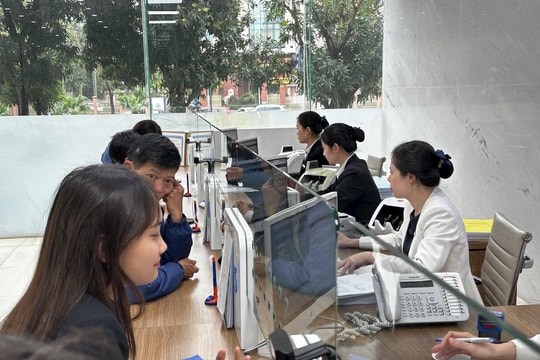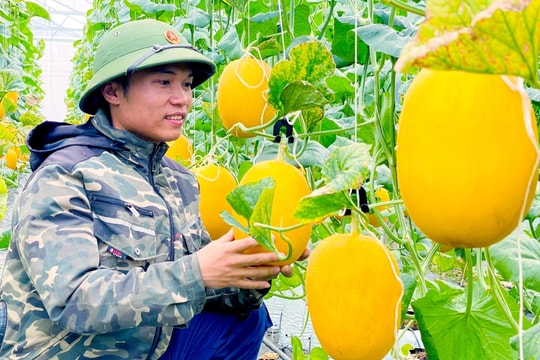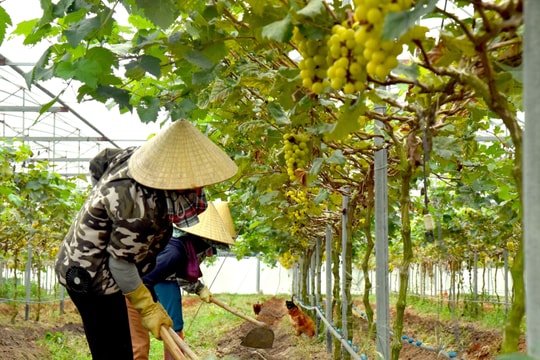Nghe An: Support for building a district-level domestic waste treatment model
(Baonghean.vn) - The People's Committee of Nghe An province has just issued a Plan to implement the Program to strengthen environmental protection, food safety and rural clean water supply in new rural construction in the province for the period 2021-2025.
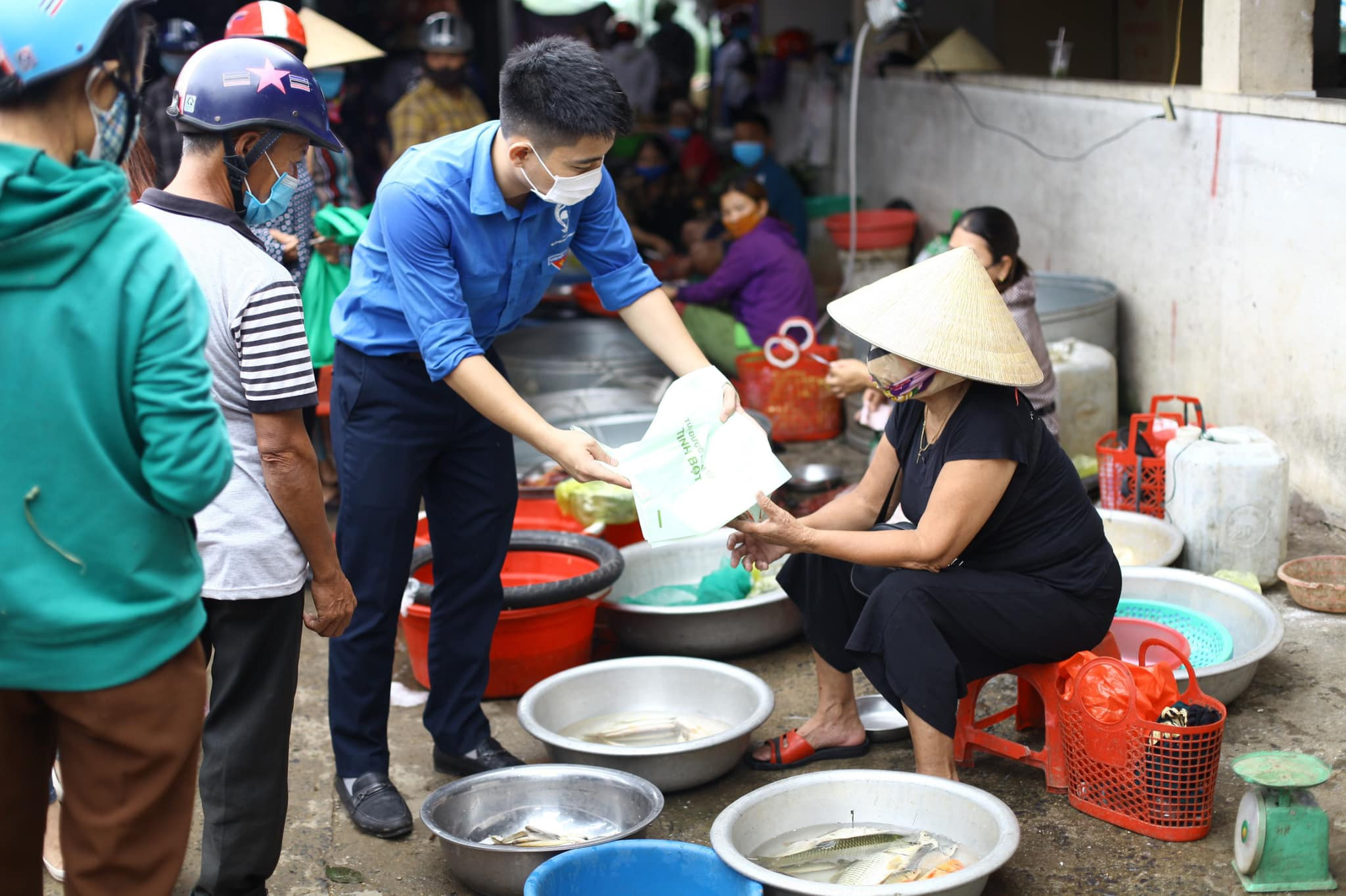 |
The Youth Union propagates to people to limit the use of plastic bags in daily life, to reduce environmental pollution. Photo: TP |
The purpose of the program is toenvironmental protection, clean water supply, food safety assurance in the direction of ecological agriculture, modern countryside, smart farmers, to improve the quality of life of rural people.
In particular, it is important to concentrate large, key resources of the state and promote the mobilization of social resources for environmental protection, rural clean water supply and food safety according to the principle of prioritizing resource support. At the same time, waste must be managed as a resource, in the direction of a circular, closed economy, suitable to the conditions of each locality.
The specific objectives of the program by 2025 are: At least 93% of the rural population will have sustainable access to clean water that meets standards with a minimum quantity of 60 liters/person/day; 75% of the rural population will have access to clean water from centralized water supply works; ensuring clean water supply for household-scale activities for households in areas that do not have access to centralized water supply.
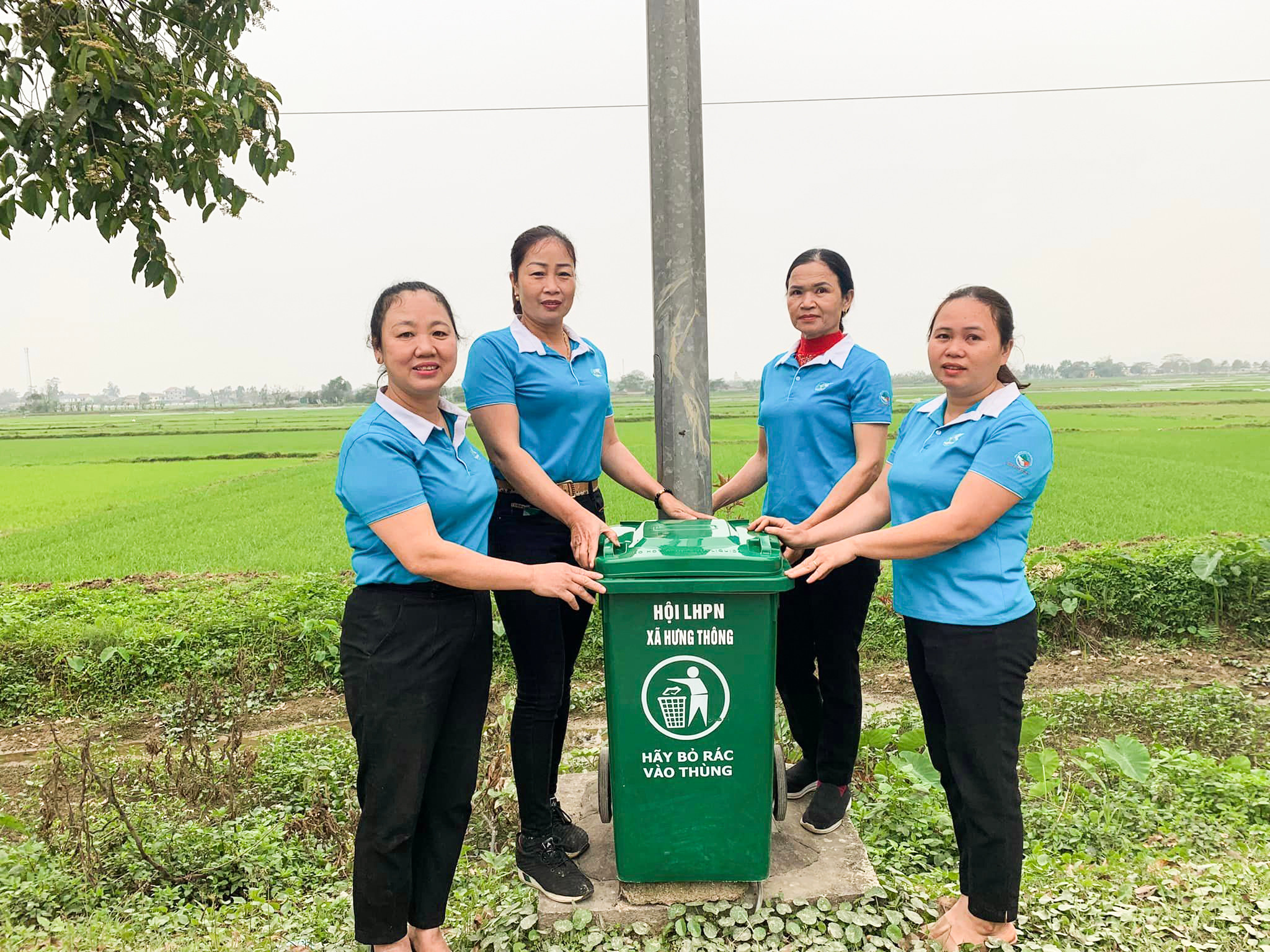 |
Model of women joining hands to protect the environment in Hung Thong commune (Hung Nguyen). Photo: TP |
100% of rural households implement solutions to classify waste at source; 90% of domestic solid waste is collected and treated; strive to have 1-2 models of domestic waste treatment at district level or higher with appropriate technology.
At least 45% of rural households havedomestic wastewaterCollected and treated with appropriate and effective measures; 50% of district-level units have implemented a model of collecting and treating decentralized domestic wastewater in clusters or areas appropriately and effectively.
At least 80% of livestock waste and 75% of agricultural by-products must be collected, reused, and recycled into raw materials, fuels, and environmentally friendly products; 100% of used pesticide packaging must be collected and treated according to regulations; 100% of solid waste and 50% of wastewater from traditional craft villages must be collected and treated according to regulations.
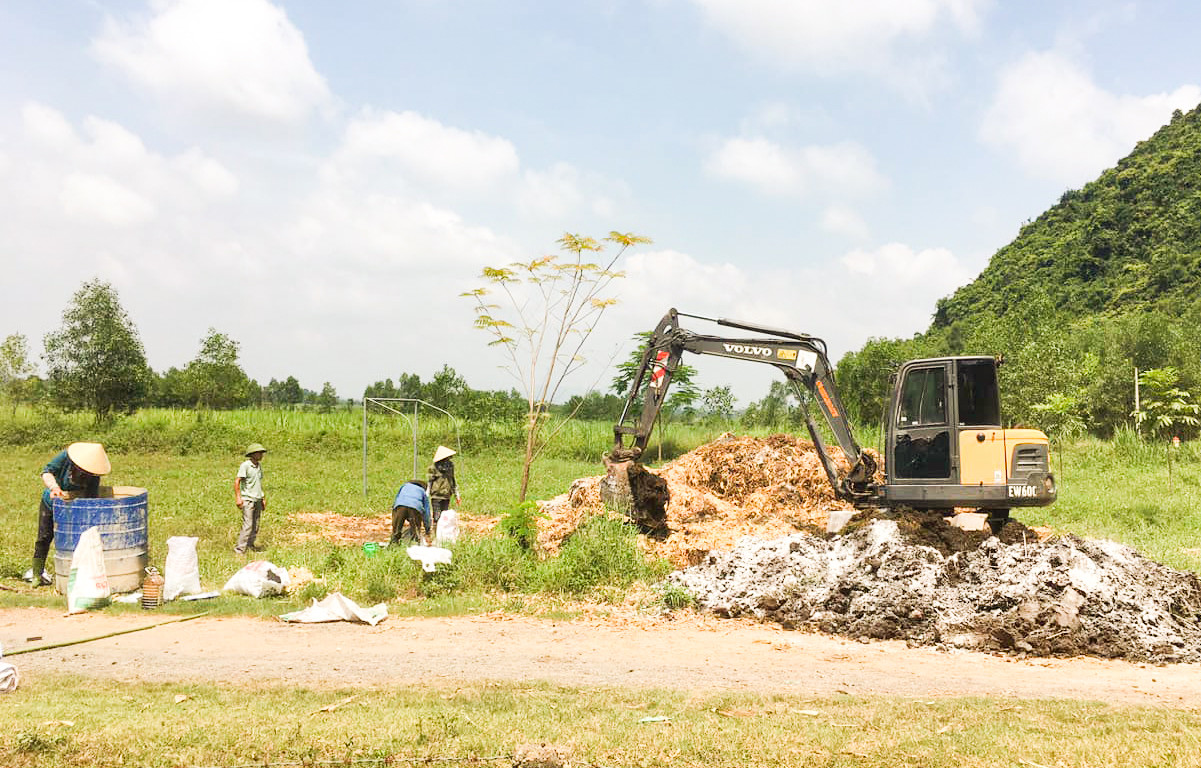 |
Processing waste into organic fertilizer in Tan Ky. Photo: TP |
At least 35% of districts have projects to improve the quality of surface water in public areas and have models for building or improving pond landscapes; 100% of agricultural, forestry and fishery production and business establishments meet food safety conditions; 80% of communes have community self-management groups for food hygiene and safety.
90% of markets are controlled for food safety (excluding spontaneous markets); At least 85% of rural households and 95% of schools and medical stations have hygienic toilets built and managed to ensure standards and regulations.
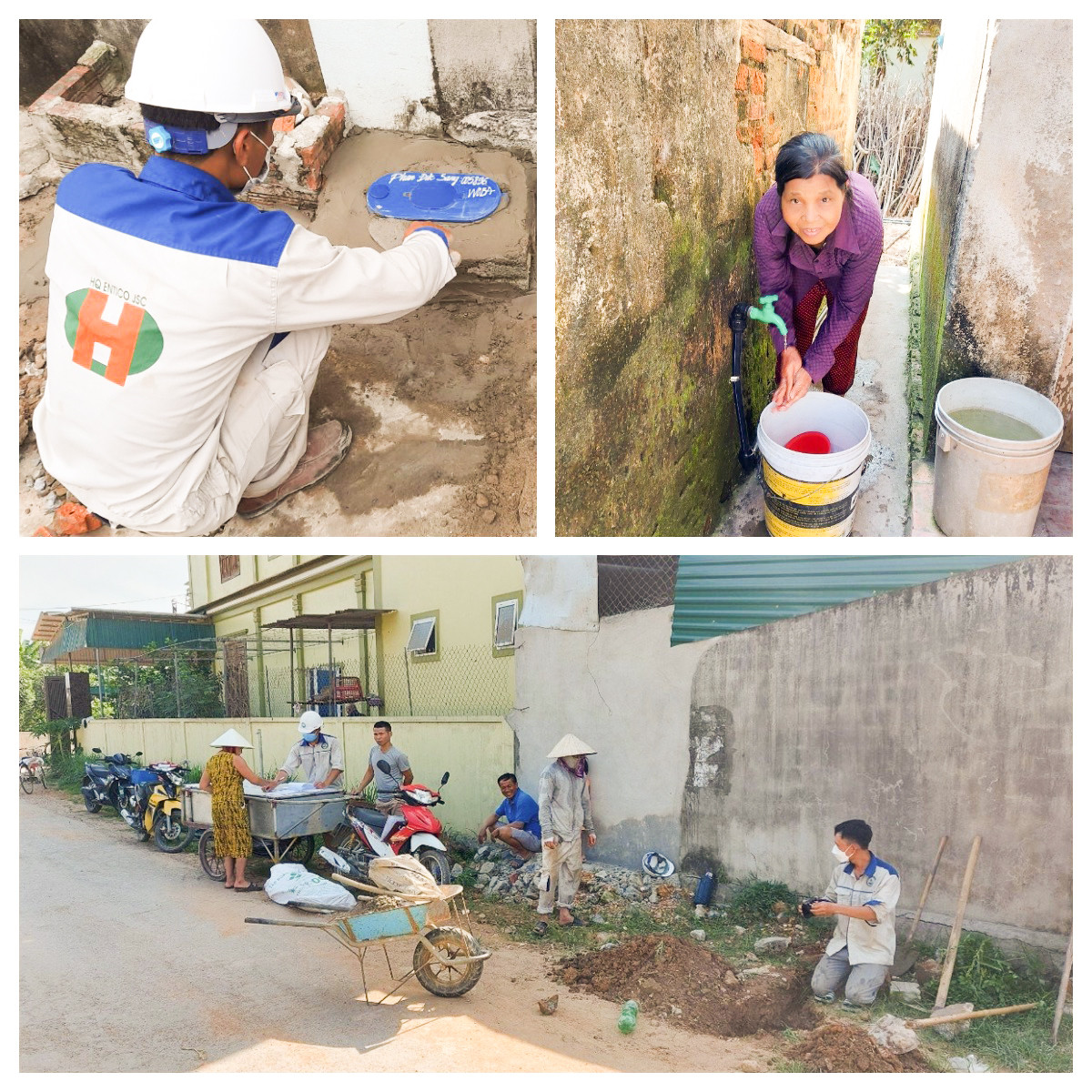 |
| People of Hoa Son commune (Do Luong) install clean water system for daily life. Photo: TP |
Funding for implementationProgram to enhance environmental protection, food safety and clean water supply in rural areas in the new rural construction in Nghe An province in the period of 2021-2025 including: Career capital to implement the National Target Program on new rural construction; Local budget capital according to current budget decentralization; Socialized capital; Capital integrated from other programs and projects; Other legally mobilized capital./.

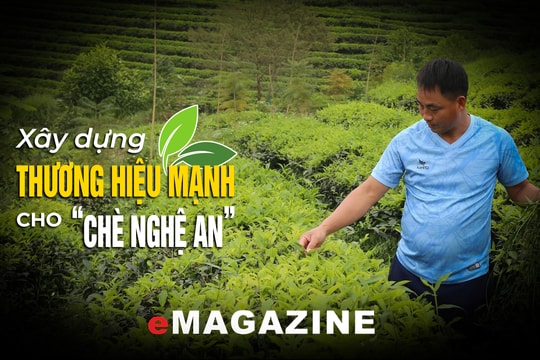

.png)
